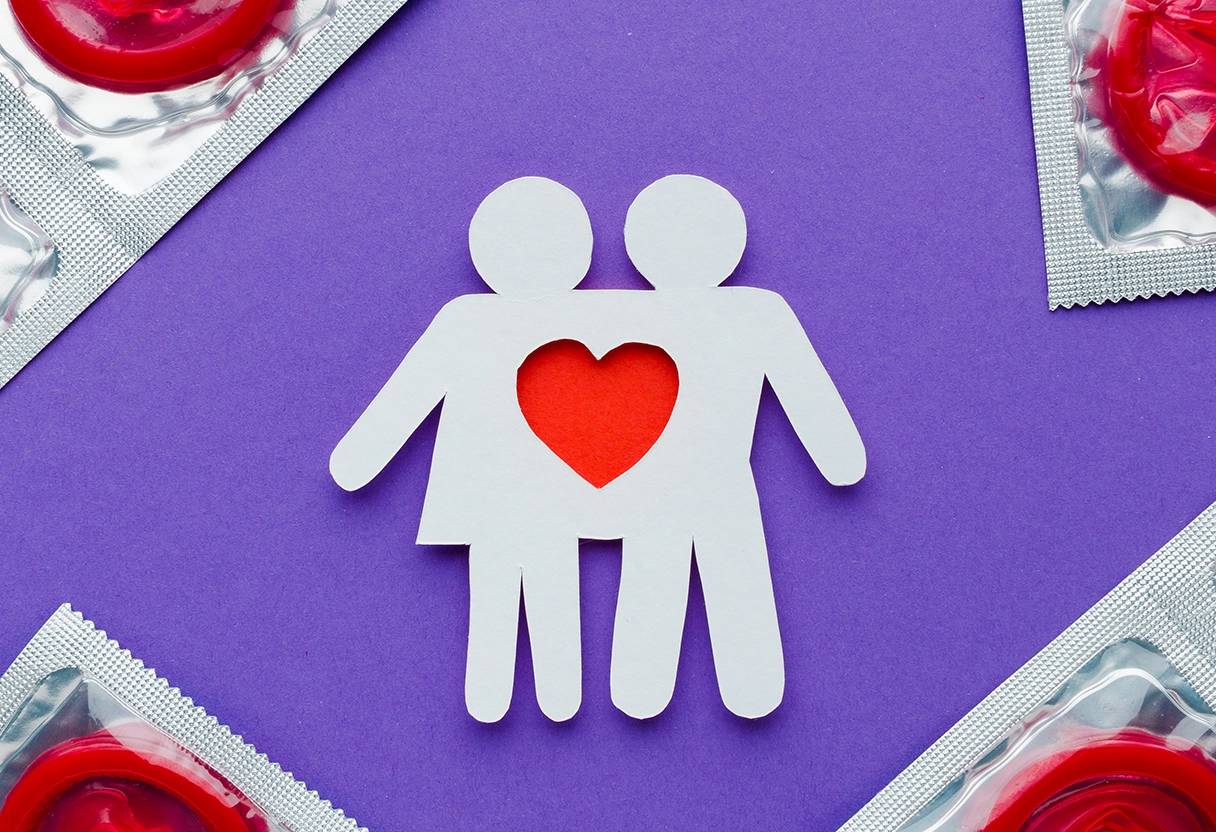
Sexual Health for Teens: Protective Measures You Should Know Before Becoming Sexually Active
Introduction
Becoming sexually active is a personal decision, one that comes with physical, emotional, and social responsibilities. If you’re a teenager considering this step, it’s essential to understand how to protect your body and your future. Sexual health isn’t just about preventing pregnancy, it’s also about respecting yourself, your partner, and making informed, safe choices.
This guide is here to help you understand the protective measures available, what they do, and how they can help you stay safe, healthy, and in control.
Why Protection Matters
Many teens begin exploring their sexuality without fully understanding the potential outcomes. These include:
- Unintended pregnancy
- Sexually transmitted infections (STIs) such as chlamydia, gonorrhea, or HPV
- Emotional or relationship stress, often intensified by a lack of preparation
Using protection doesn’t just reduce these risks, it’s also a sign that you’re taking your health seriously. There’s nothing “uncool” about being cautious; it shows maturity, awareness, and care for yourself and your partner.
Common Protective Measures Available for Teens
Let’s break down the most accessible and effective protective options available today. Each has its role, and sometimes using two together (known as dual protection) is the most effective approach.
1. Condoms (External and Internal)Condoms are the only method that protects against both STIs and pregnancy. They’re widely available, affordable, and easy to use.
- External (male) condoms: Worn over the penis
- Internal (female) condoms: Worn inside the vagina
Both work by creating a barrier that prevents sperm from entering the uterus and also blocks most viruses and bacteria that cause STIs.
Condoms should always be used with every new partner, even if you’re on another form of birth control.
2. Birth Control PillsThese are daily hormonal pills that prevent pregnancy by stopping ovulation. They do not protect against STIs, so they’re best used with condoms.
Birth control pills are available by prescription and require regular use. For teens, they are often used not only for contraception but also to regulate periods or reduce acne.
3. Emergency ContraceptionAlso known as the “morning-after pill,” this is taken within 72 hours (ideally sooner) after unprotected sex or contraceptive failure (like a condom breaking). It’s not meant for regular use, but it’s a useful backup option.
Emergency contraception does not end a pregnancy, it works by delaying ovulation and preventing fertilisation.
4. Long-Acting Reversible Contraceptives (LARCs)LARCs include options like the IUD (intrauterine device) and implants. These are long-term, low-maintenance methods, but may not be the first step for every teen due to access and comfort levels.
They’re highly effective and can last from 3 to 10 years. However, they do not protect against STIs, so using them with condoms is still important.
What Else Should You Think About?
- Consent Comes FirstNo protective measure matters if consent isn’t clear. Make sure you and your partner are both comfortable and ready. Consent should always be mutual, informed, and enthusiastic, not pressured.
- Talk to a Trusted Adult or DoctorIf you’re unsure about what option is right for you, speak to a gynaecologist, school counsellor, or healthcare provider. Many clinics offer confidential consultations for teens.
- Don’t Be Afraid to Ask QuestionsThere’s no such thing as a “silly” question when it comes to your health. Understanding how your body works, what protection means, and what your choices are will help you feel more confident and in control.
Conclusion
Becoming sexually active is a serious decision, and there’s no rush. But if you’re thinking about it, or already are, it’s your right to protect yourself with the right knowledge and tools. Condoms, birth control pills, and emergency contraception are all valid options, depending on your needs.
And remember: protection isn’t just about preventing pregnancy. It’s about staying healthy, informed, and safe. The more you know, the better prepared you are to make the choices that are right for you.

